Staying hydrated is crucial for maintaining overall health and optimizing physical performance. Water plays a fundamental role in nearly every bodily function, including digestion, circulation, temperature regulation, and muscle function. For those who engage in regular physical activity, understanding the significance of hydration is paramount. This article will delve into seven effective tips for staying hydrated and explore the importance of water during workouts.
The Importance of Water in Physical Activity
1. Maintaining Physical Performance
When we exercise, our bodies lose water through sweat. This loss can lead to dehydration, which can significantly impair performance. Research has shown that even a small decline in hydration levels (around 2% of body weight) can adversely affect endurance, strength, and overall performance. Dehydration can result in fatigue, decreased coordination, and increased perceived effort during physical activity. By staying adequately hydrated, you can maintain peak performance levels, allowing you to push harder and achieve your fitness goals.
2. Regulating Body Temperature
Water is essential for regulating body temperature. During exercise, your body generates heat, and sweating is your body’s natural way of cooling down. If you’re not drinking enough water, your ability to sweat decreases, leading to a rise in body temperature. This can cause heat exhaustion or heat stroke, both of which can be dangerous. Staying hydrated helps maintain optimal body temperature, ensuring you can perform at your best.
3. Supporting Nutrient Transport
Water plays a critical role in the transportation of nutrients throughout the body. It helps dissolve vitamins, minerals, and other nutrients, making them accessible to your cells. Proper hydration ensures that your muscles receive the essential nutrients they need for recovery and growth. Without adequate water intake, the delivery of these nutrients is compromised, potentially leading to suboptimal performance and recovery.
4. Enhancing Recovery
After an intense workout, your body needs to recover. Hydration aids in muscle recovery by flushing out toxins and waste products generated during exercise. Water helps transport oxygen and nutrients to your muscles, facilitating repair and growth. Proper hydration can also reduce muscle soreness, allowing you to get back to your routine faster.
5. Boosting Energy Levels
Dehydration can lead to feelings of fatigue and lethargy. Water is essential for maintaining energy levels, as even mild dehydration can cause fatigue. When you’re well-hydrated, your body can perform efficiently, helping you to stay energized throughout your workouts and daily activities.
6. Promoting Joint Health
The joints in your body rely on water to function properly. Synovial fluid, which lubricates your joints, is composed primarily of water. Staying hydrated helps keep this fluid at optimal levels, reducing the risk of joint pain and discomfort during physical activity. Proper hydration can support joint health and mobility, allowing you to move freely and comfortably during workouts.
7. Preventing Cramping
Muscle cramps are often linked to dehydration and electrolyte imbalances. When you’re dehydrated, your muscles are more prone to cramping, which can disrupt your workout. Staying hydrated helps prevent cramps by maintaining proper electrolyte levels in your body.
7 Tips to Stay Hydrated
Now that we understand the importance of hydration in exercise, let’s explore seven practical tips to help you stay hydrated throughout your day and during your workouts.
1. Drink Water Regularly Throughout the Day
One of the most effective ways to stay hydrated is to make a conscious effort to drink water regularly throughout the day. Instead of waiting until you feel thirsty, which can be a sign of early dehydration, establish a habit of drinking water at set intervals. Here are some strategies to incorporate into your daily routine:
- Keep a Water Bottle Handy: Always carry a reusable water bottle with you, whether you’re at work, running errands, or exercising. Having water within reach will serve as a constant reminder to drink more frequently.
- Set Reminders: Use your phone or a hydration app to set reminders to drink water every hour. This will help establish a routine and ensure you don’t forget to hydrate.
- Incorporate Water into Meals: Make it a habit to drink a glass of water before and during meals. This not only helps with hydration but can also aid digestion.
2. Track Your Water Intake
Keeping track of your daily water intake can be an effective way to ensure you’re staying properly hydrated. You may not always realize how much water you’re consuming, so tracking can help you reach your hydration goals.
- Use a Hydration App: There are several apps available that allow you to log your water intake easily. Many of these apps can send reminders and track your progress over time.
- Create a Journal: If you prefer a more traditional approach, keep a hydration journal. Write down how much water you drink each day, and review your progress weekly to ensure you’re meeting your goals.
- Set Daily Goals: Aim for a specific amount of water each day, and adjust it based on your activity level, climate, and individual needs. A common recommendation is to drink at least 2-3 liters (about half a gallon) per day, but this can vary depending on factors such as body size, exercise intensity, and environmental conditions.
3. Add Flavor to Your Water
For some people, plain water can be boring, which may lead to reduced water intake. To make hydration more enjoyable, consider adding flavor to your water. Here are some tasty options:
- Infused Water: Add slices of fruits, herbs, or vegetables to your water for a refreshing twist. Popular combinations include lemon and mint, cucumber and lime, or berries and basil.
- Herbal Teas: Unsweetened herbal teas can be a great way to increase fluid intake while adding flavor. Enjoy them hot or iced, and experiment with different flavors.
- Electrolyte Drinks: During intense workouts or hot weather, consider consuming electrolyte-rich drinks. However, be cautious of added sugars; opt for low-calorie options or make your own electrolyte drink at home by mixing water with a pinch of salt and a splash of fruit juice.
4. Eat Water-Rich Foods
Hydration doesn’t solely come from drinking water; you can also increase your fluid intake through the foods you consume. Many fruits and vegetables have high water content and can contribute to your overall hydration. Here are some hydrating food options:
- Fruits: Watermelon, strawberries, oranges, and cucumbers are excellent sources of water and can help keep you hydrated.
- Vegetables: Leafy greens, such as spinach and lettuce, as well as celery and bell peppers, have high water content and can be incorporated into salads and snacks.
- Soups and Broths: Soups can provide hydration and nourishment, making them an excellent choice for meals, especially during colder months.
5. Hydrate Before, During, and After Workouts
Being mindful of your hydration needs around your workouts is crucial. Proper hydration before, during, and after exercise can help optimize performance and recovery. Here’s how to effectively hydrate around your workouts:
- Pre-Workout Hydration: Drink water before your workout to ensure you start off hydrated. Aim to drink at least 16-20 ounces (about 500-600 ml) of water 1-2 hours before exercising.
- During Exercise: For workouts lasting less than an hour, sipping water during your session should suffice. If you’re exercising for longer than an hour or in hot conditions, consider electrolyte drinks to replenish lost fluids and minerals.
- Post-Workout Recovery: After exercising, replenish lost fluids by drinking water. A good rule of thumb is to drink at least 16-24 ounces (about 500-700 ml) of water for every pound (0.45 kg) lost during exercise.
6. Be Mindful of Environmental Factors
Your hydration needs may vary depending on environmental factors. Hot and humid conditions can increase fluid loss through sweat, while high altitudes may also lead to dehydration. Be mindful of these factors and adjust your hydration strategy accordingly:
- Hot Weather: Increase your water intake during hot days or intense workouts. Monitor your sweat loss and drink accordingly.
- Cold Weather: Although you may not feel as thirsty in colder conditions, it’s still essential to hydrate. Cold air can be drying, and you may still sweat during exercise.
- Altitude: If you’re exercising at high altitudes, your body may require more water due to increased respiratory fluid loss. Be sure to hydrate before, during, and after your workout.
7. Listen to Your Body
Ultimately, the best hydration strategy is to listen to your body. Thirst is a natural signal that indicates you need to drink, but it’s essential to pay attention to other signs of dehydration. These can include:
- Dark Urine: A sign of dehydration is dark yellow or amber-colored urine. Ideally, your urine should be pale yellow or straw-colored.
- Fatigue and Dizziness: Feeling unusually tired or dizzy can indicate dehydration. If you experience these symptoms, take a break, hydrate, and rest.
- Dry Mouth and Skin: Dry mouth and skin can signal that your body needs more fluids. If you notice these signs, it’s time to drink more water.
Conclusion
Staying hydrated is essential for maintaining optimal health and performance, especially during workouts. Water plays a crucial role in various bodily functions, from regulating body temperature to supporting nutrient transport and recovery. By implementing these seven tips, you can improve your hydration habits and ensure you’re adequately prepared for your workouts.
Remember, hydration is not a one-time event; it’s an ongoing process. Make it a part of your daily routine, listen to your body, and adjust your intake based on your activity levels and environmental factors. With the right strategies in place, you’ll be well on your way to maximizing your workout performance and overall health through proper hydration.
Recent studies have highlighted the role of hydration in cognitive function, suggesting that even mild dehydration can impair concentration and alertness. This underscores the importance of maintaining adequate fluid intake not only for physical performance but also for mental clarity during workouts and daily activities. Additionally, advancements in wearable technology now allow for real-time hydration monitoring, providing personalized insights to help individuals optimize their water intake based on their specific needs and activity levels.
Emerging research in 2023 has also pointed to the benefits of hydration in supporting immune function. Adequate water intake helps maintain mucosal membranes, which act as a barrier against pathogens. This adds another layer of importance to staying hydrated, particularly during flu season or in environments where the risk of infection is higher. Furthermore, the development of smart water bottles with built-in sensors is gaining popularity, offering users a convenient way to track their hydration levels and receive reminders to drink more water throughout the day.




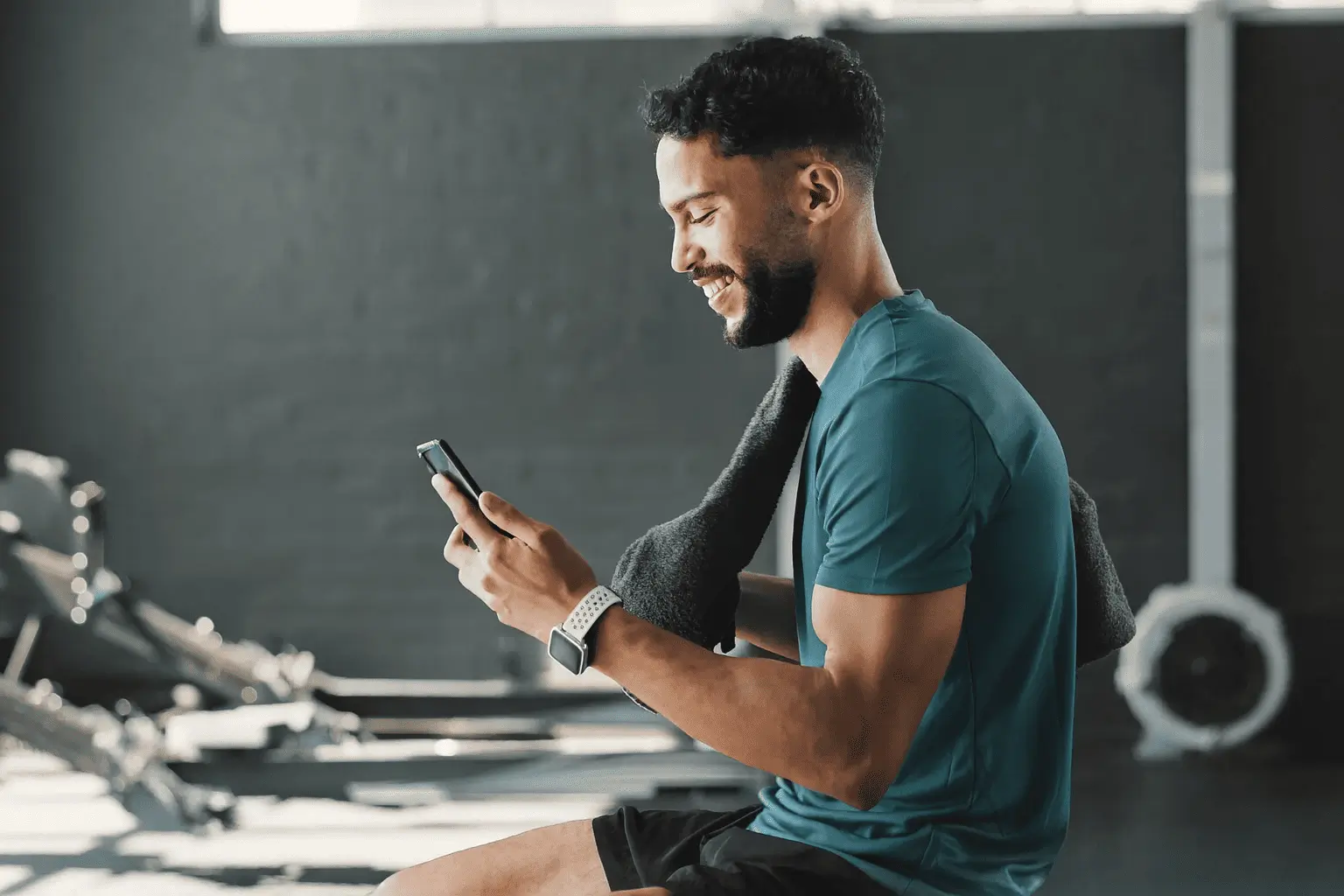

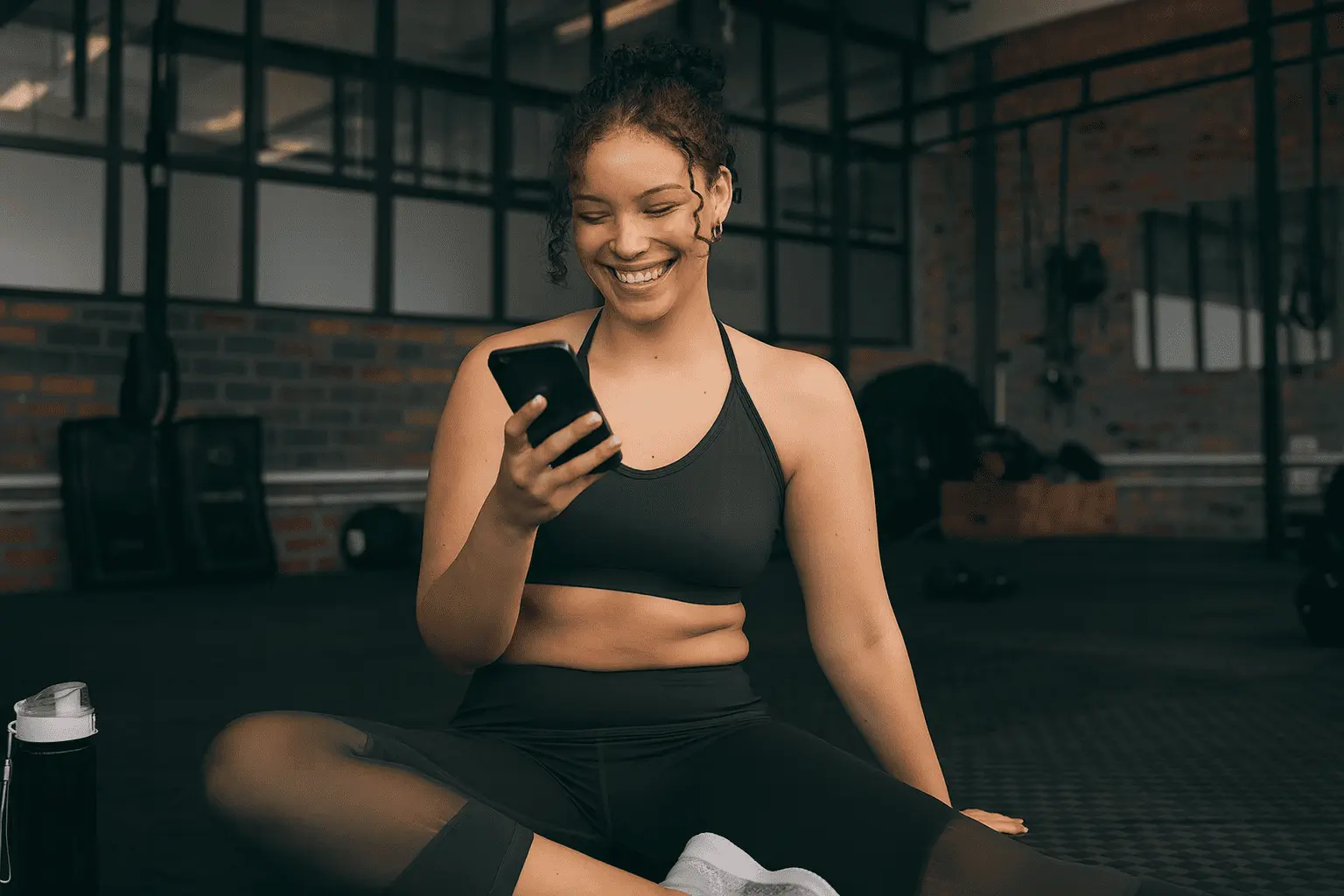
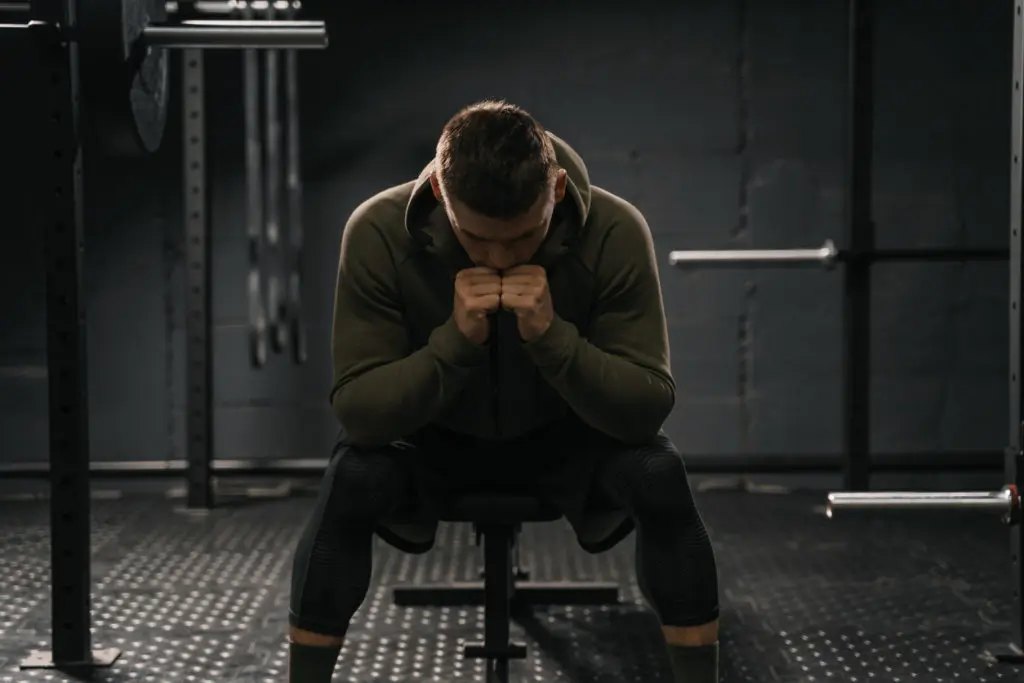
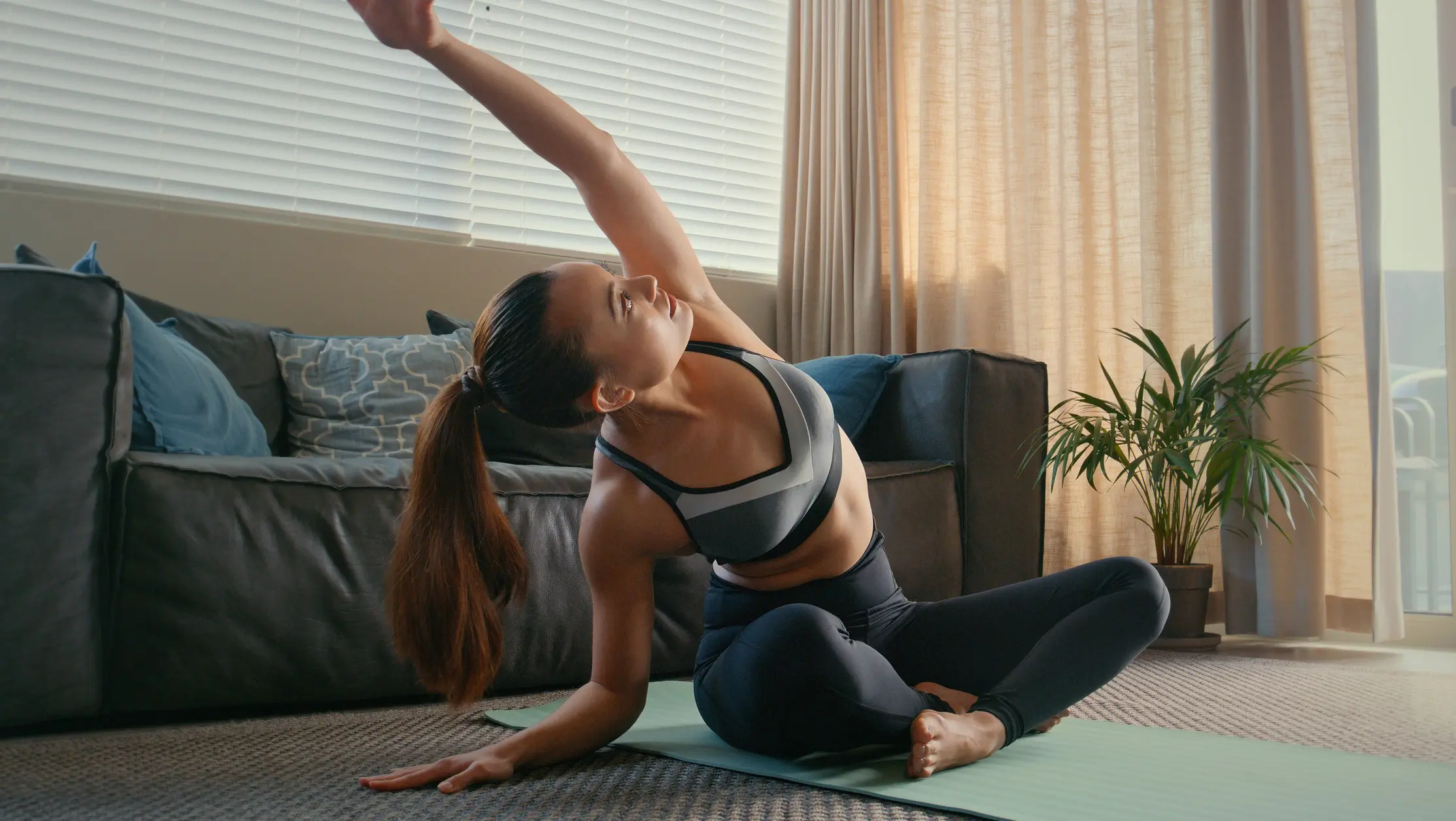
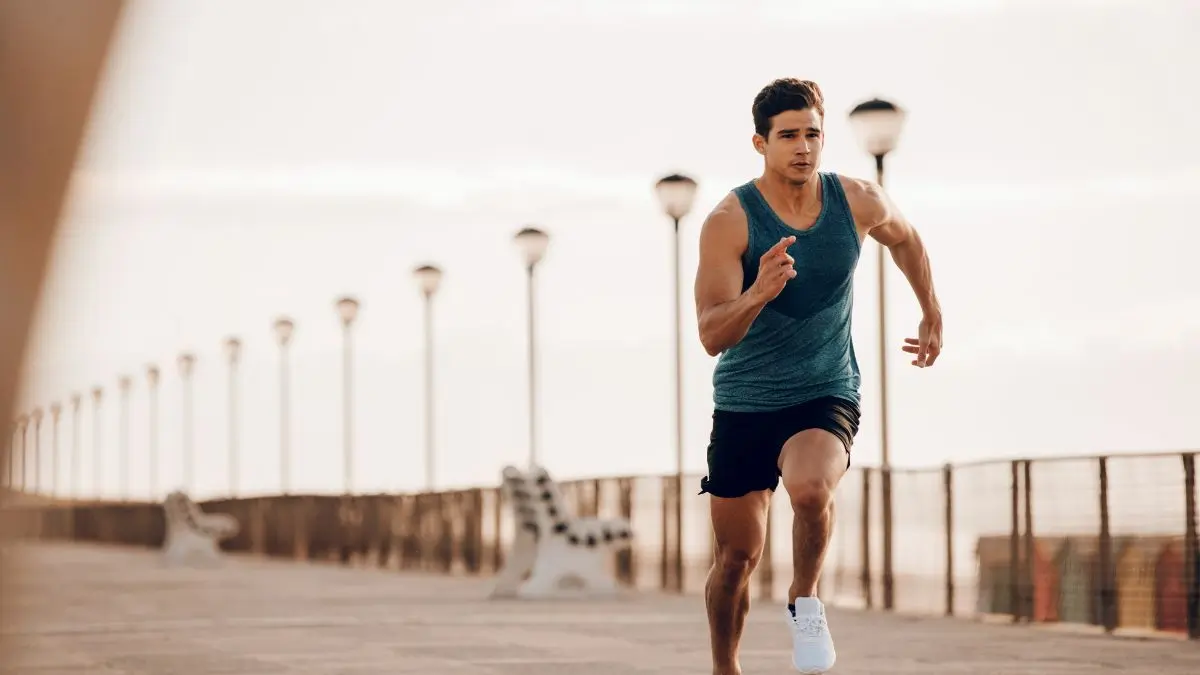

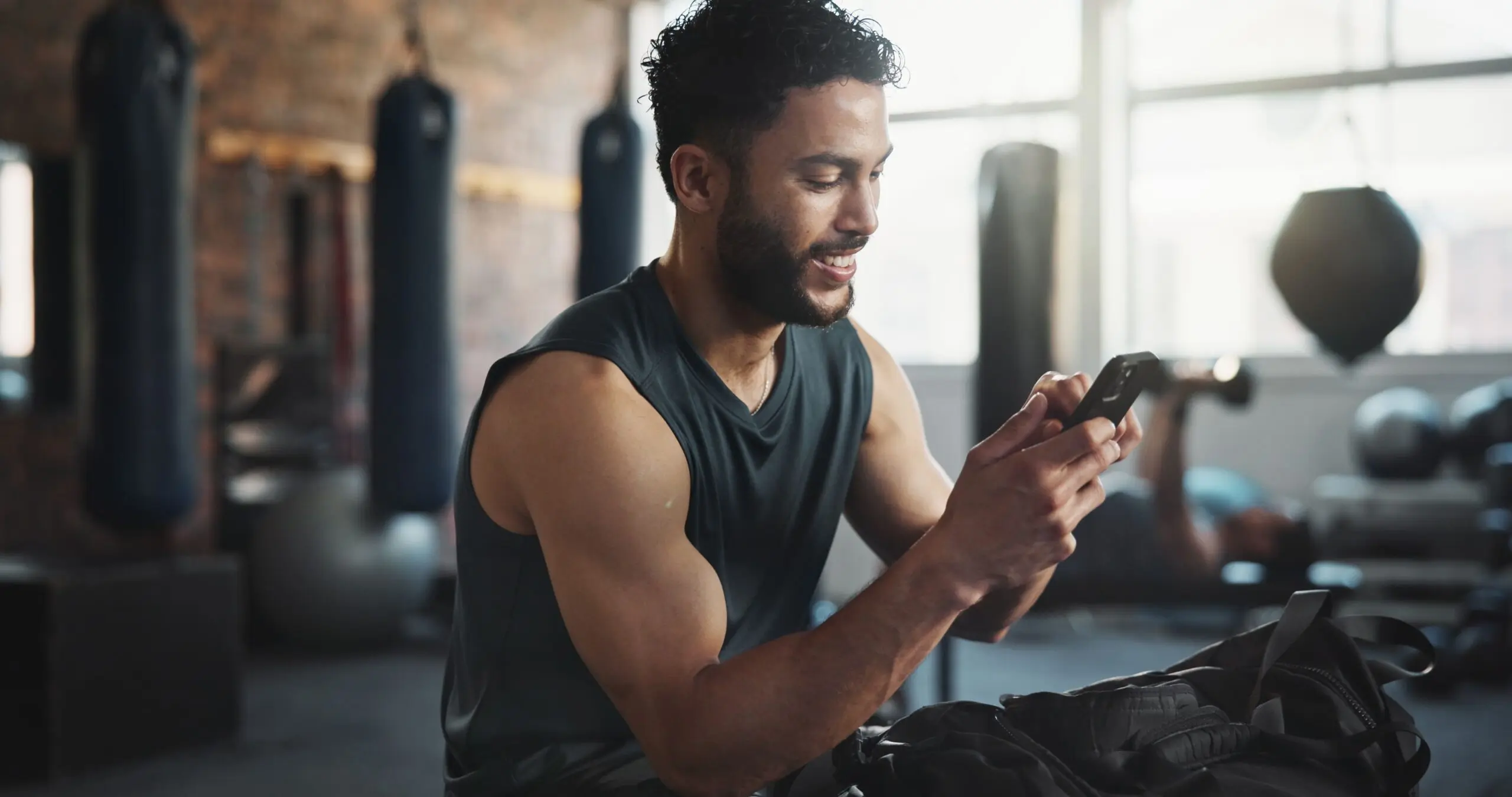

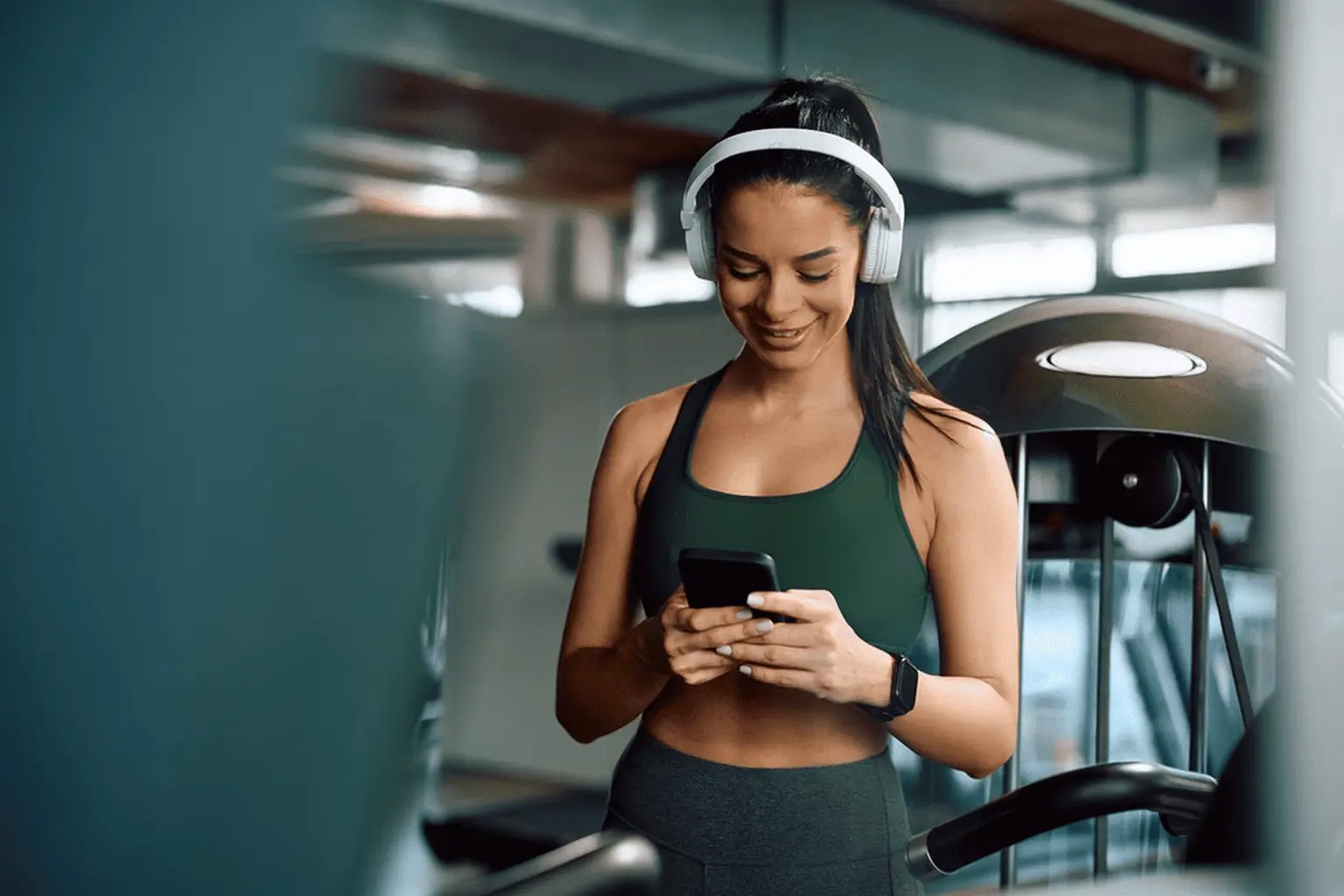

One Comment